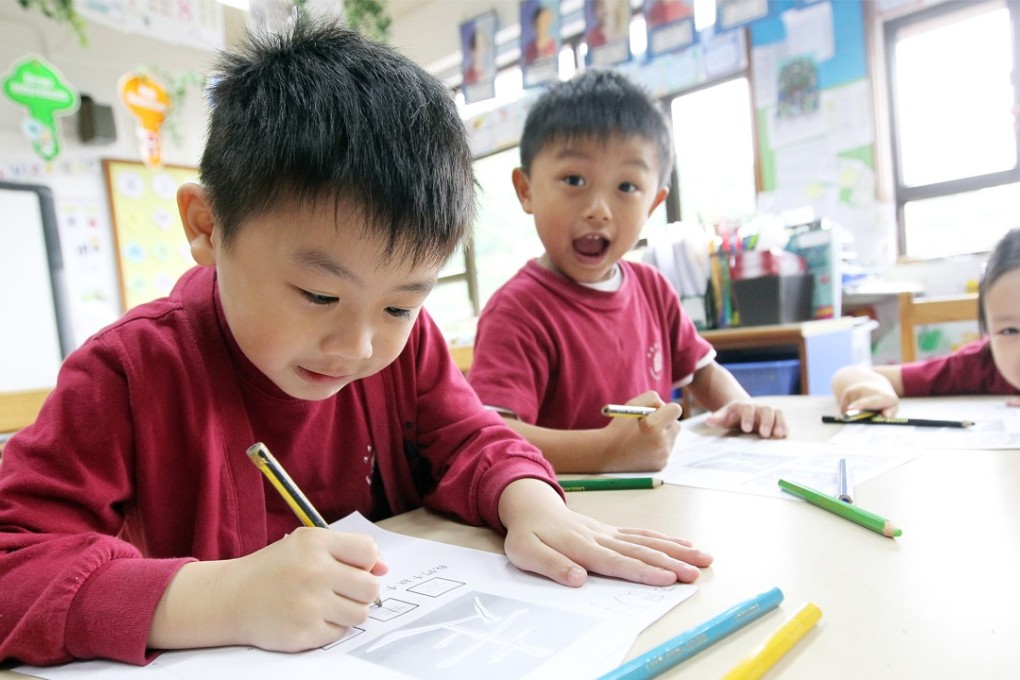Mandarin and Cantonese can both be mother tongues for Hong Kong people

The issue arises from a 2013 article by Song Xinqiao, a professional consultant at the Chinese University of Hong Kong’s Mandarin education research centre. He wrote that calling Cantonese a mother tongue does not fit with the strict definition of the term, which refers to a language but not a dialect, or the local version of a language.
The Chinese version of Hong Kong's official language policy of “two written forms of words and three spoken forms” has often been misunderstood to mean three written forms of words – English, Mandarin and Cantonese. The aim is to produce secondary school graduates proficient in writing Chinese and English and able to communicate confidently in Cantonese, English and Mandarin.
Debate over Cantonese and the handover highlight Hongkongers’ feeling of political helplessness
In fact, Mandarin and Cantonese are but two dialects of the same written form of words. Mandarin has been chosen to be the UN standard written and spoken form of words for Chinese, with Hanyu pinyin, from the beginning. Thus Chinese is a form of written words that can be taught through both the mother tongues of Cantonese and Mandarin.
Peter Lok, Heng Fa Chuen